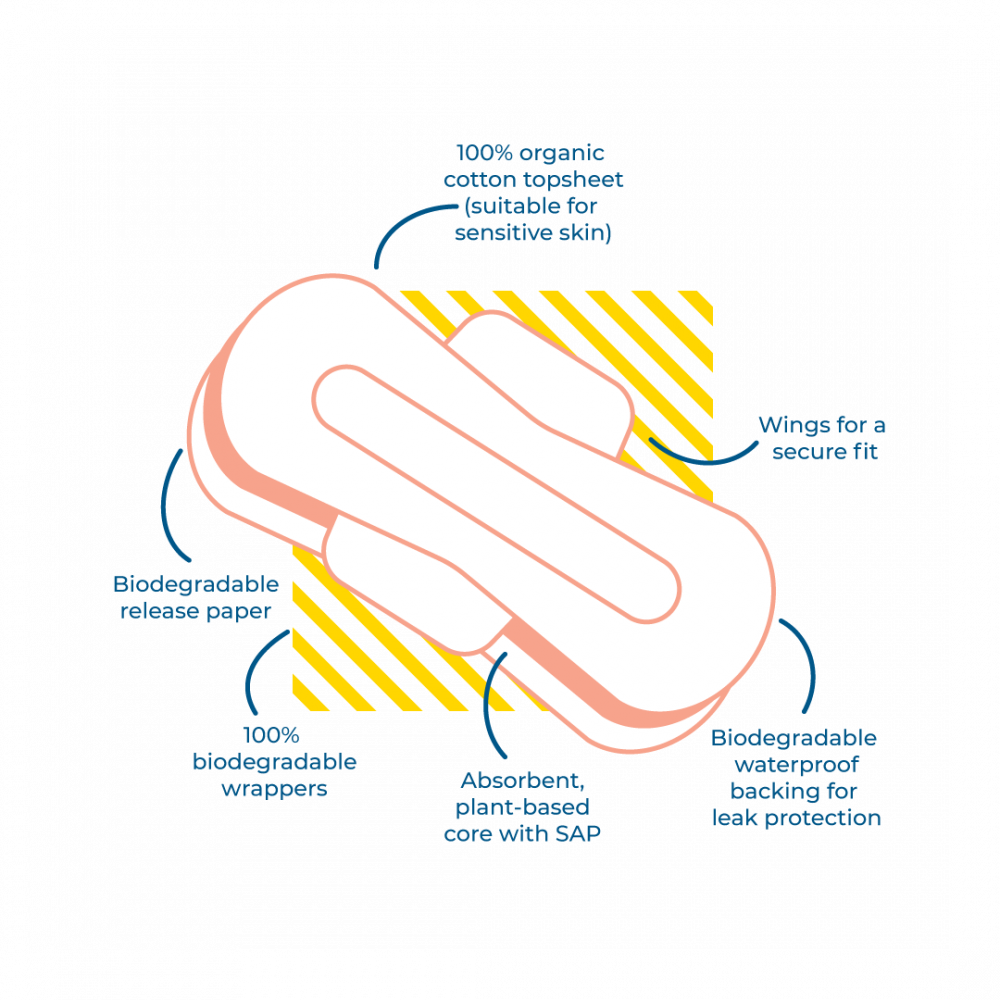Do your gums sometimes feel more swollen and sensitive than usual? Sore when you brush your teeth? Maybe your teeth even ache a bit. If this happens to you on a regular basis, you might want to consult the calendar. Inflammation of the gums in the lead up to your period is a real thing, and it’s called menstruation gingivitis. That’s a kinda yucky term, so we’re going to call it MG.
It won’t come as a surprise to regular readers that this, along with most things that happen to our bodies around this time, is all down to natural fluctuations in our hormone levels. Surges in oestrogen and progesterone cause an increase in blood flow to the gums, and a decrease in our ability to fight off plaque build-up. This irritates the gums, which in turn become tender, red and swollen, hence MG. You might see blood while flossing or brushing and in extreme cases, you may even get little sores on the insides of your cheeks. Symptoms should all go away again once your period has started.
While the changes are temporary – and they alone won't cause gum disease – they can make any problems you already have worse. So keep up the good dental hygiene; brush twice a day and keep gently flossing even if your gums are bleeding. And get a dental check up every six months. If you do suffer from MG, be sure to schedule an appointment after your period, as an exam will be much more comfortable then. Of course if you have painful gums and you’re not sure it’s period related, book the first appointment you can and get it checked out by a pro.
Note: Gum health can also be affected by hormone changes at other stages of your life, such as puberty, pregnancy and menopause.





